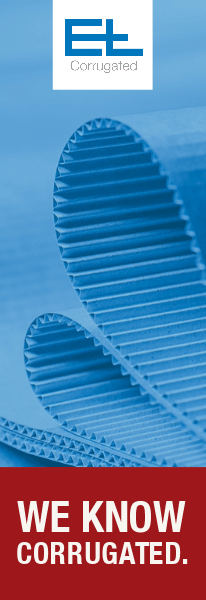Reviewing the last quarter of 2017 in the latest BIR Mirror Report, Ranjit Baxi of J&H Sales International Ltd says that the Chinese economy continued its upward growth. The rate of 6.9% happened to be the highest in two years despite an ever-increasing debt burden which has quadrupled over the last nine years. Euro-zone economies also performed well in 2017, with the UK doing rather well as a result of the weaker pound following the Brexit vote.
Export volumes to China have been hugely affected following the country’s ‘Border Gate Sword’ controls made in July on scrap imports and the subsequent WTO notification to ban imports of mixed paper, as well as imposing tighter quality controls on all imports of fibre. Additionally, new licences were not being issued, forcing mills to depend more on domestic fibre supplies with prices increasing very steeply.
During December, the Chinese government announced that it would accept only recyclable fibres with a maximum contamination of 0.5%, to be enforced on all arrivals from March 1 2018. Such low contamination levels are difficult to achieve and the market is now looking at how these contamination levels will be applied and checked and at what will happen to the rejections.
Accordingly, fibre exports to China weakened significantly in the fourth quarter of 2017, with prices for mixed paper decreasing rapidly. Meanwhile, demand for better grades of OCC (such as NCC, Fruit Boxes, 95/5 and 100% OCC) continued to be shipped but at lower prices. Demand for mixed papers gradually decreased during the period amid very limited orders. Post 2017, this grade is expected to suffer a big drop in price.
With increased demand, export volumes to other Asian markets (namely India, Indonesia and Vietnam) continued to grow during the fourth quarter.
Exporters are looking forward to a new direction from the market after the Chinese New Year in February. Meanwhile, economists are watching very closely how China will be balancing its economy against the three critical battle lines it will be facing in 2018, namely debt, poverty and pollution.
In the same issue of the Mirror Report, Keith Trower of Viridor Resource Management Ltd, explains that companies are still mourning the demise of the Chinese market for mixed sorted paper imports. If this import policy stays the same, the Chinese will need a huge push with their collection infrastructure to keep feeding their mills with domestic material. This set of circumstances is also likely to lead to investment in paper mills in other countries such as Vietnam and Indonesia over the next five years.
Taking into account the seasonal increase in supply over the Christmas period, it was difficult to find significant outlets for the high volumes of recovered paper given the relatively short notice to respond to a major structural change in the world market. The Chinese quota application process was triggered later than expected in November and December, with Chinese agents and mills buying in anticipation of being awarded a sufficient 2018 allocation.
Although volumes of paper to be recycled increased as predicted before and during the festive season, UK mills are reporting a shortfall of OCC when compared to previous years. Meanwhile, Continental mills are very well stocked across all grades. European traders and paper processors have previously been buying large volumes from the UK and Ireland, purely for distribution to Continental mills. This made Europe a very difficult market into which to sell late in the fourth quarter.
News and deinking grades have softened slightly in the UK owing to the reduction in mixed paper prices. However, China is still very keen to purchase these grades and prices remain high. With sorting floors reopening, this could potentially impact the world deinking price if more tonnage becomes readily available. Middle and high grades have also seen a softening in Europe owing to high stocks and cheaper imports from the USA. Some reduction in availability is expected in these grades.
Shipping and European haulage have been key to keeping material moving all over the world. European haulage was challenging in December owing to a shortage of drivers, especially over the festive period. This called for more co-ordination of ex-works collections and strong relationships once again to keep the flow of material positive.
As always, quality is key to finding outlets and, in times like these, securing ongoing orders and establishing preferred provider relationships. UK producers are already seeing changes in customer expectations with regard to China. The question is how long it will be before other outlets follow suit.



